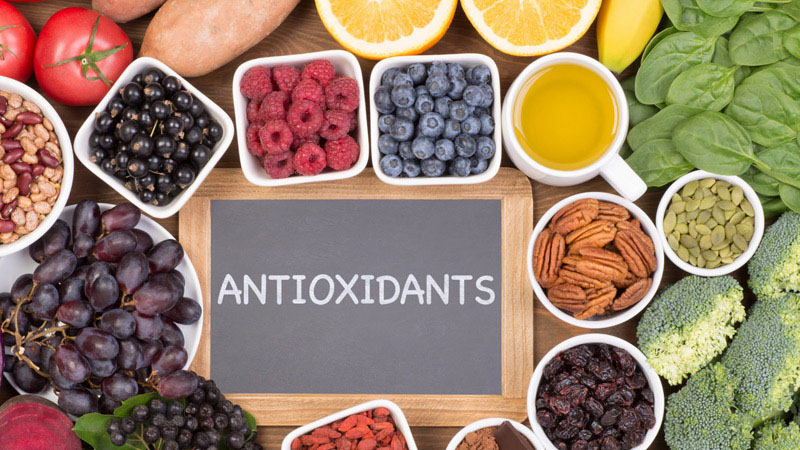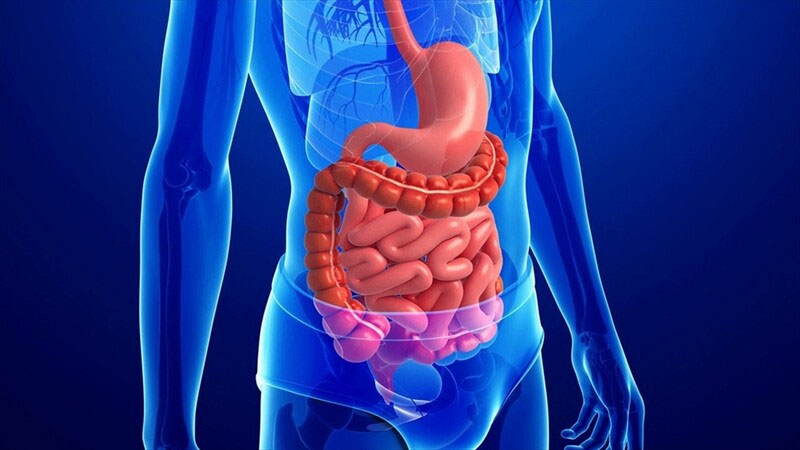Carrots are a healthy vegetable, with a crunchy, delicious taste and are rich in beta carotene, fiber, vitamin K1, potassium and antioxidants. Eating carrots is great for weight loss, helps lower cholesterol, improves eye health and even reduces the risk of cancer.
1. Nutritional Value of Carrots
Carrots were first cultivated in Afghanistan around 900 AD. Many people know carrots for their bright orange color, but they also come in other colors, such as purple or yellow, red, and white.
This popular and versatile root vegetable can taste slightly different depending on the color, size, and where it is grown. The sugars in carrots give them a mild sweetness, but they can also have an earthy or slightly bitter taste.
A half-cup serving of carrots has:
- 25 calories;
- 6 grams of carbohydrates;
- 2 grams of fiber;
- 3 grams of sugar;
- 0.5 grams of protein.

carrot
Carrots are a rich source of important vitamins and minerals. Based on a person’s daily nutritional needs, half a cup of carrots can provide:
- 73% of vitamin A needs;
- 9% of vitamin K;
- 8% of potassium and fiber;
- 5% of vitamin C;
- 2% of calcium and iron.
2. Health Benefits of Eating Carrots
Carrots are rich in antioxidants and have many health benefits. Here are some highlights that will prove how good carrots are for your health:
2.1. Very good for the eyes
This is considered the most famous health benefit of carrots. They are rich in beta-carotene – a compound that the body converts into vitamin A, also known as provitamin A, which helps keep the eyes healthy. Moreover, beta-carotene also helps protect the eyes from the sun and reduces the risk of cataracts, as well as other vision problems.
Yellow carrots contain lutein, which is also good for your eyes. Studies have found that this nutrient can prevent age-related macular degeneration – the leading cause of vision loss in the United States.

Vitamin A in carrots is very good for the eyes.
2.2. Reduce the risk of cancer
Antioxidants have been shown to destroy harmful free radicals in the body, thereby reducing the risk of cancer. The two main types of antioxidants in carrots are carotenoids (orange and yellow carrots) and anthocyanins (red and purple carrots).

Antioxidants in carrots work to fight harmful free radicals in the body.
2.3. Support heart health
All of these antioxidants are good for your heart. In addition, one medium carrot will provide about 4% of your daily potassium needs, which helps relax blood vessels, avoiding the risk of high blood pressure and other cardiovascular problems. Furthermore, carrots contain fiber, which helps maintain a healthy weight and reduces the risk of heart disease. Eating a lot of fiber can also lower low-density lipoprotein in the blood, also known as bad LDL cholesterol. Finally, red carrots also contain lycopene, which helps prevent heart disease.

Carrots help protect heart health
2.4. Boost your immune system
Vitamin C in carrots helps your body create antibodies that protect your immune system, absorb and use iron, and prevent infections. Vitamin C also helps produce collagen, a major component of connective tissue, which is essential for wound healing and keeping your body healthy.

Carrots help strengthen the body’s immune system
2.5. Treat constipation
If you have trouble going to the bathroom, try chewing on some raw carrots. With their high fiber content, they can treat constipation and help you pass stool more regularly. Additionally, consuming foods rich in carotene can reduce the risk of colon (colorectal) cancer and is good for overall digestive health.

Carrots help reduce the risk of constipation
2.6. Diabetes Control
Carrots contain natural sugars, 10% of the carrot is carbohydrates and almost half of this is sugar. The other 30% of this carbohydrate content is fiber. Overall, carrots are a low-calorie, high-fiber food that is relatively low in sugar. Thanks to their low glycemic index (GI) score of about 39 for boiled carrots, carrots are unlikely to trigger a spike in blood sugar levels and are safe for diabetics. Furthermore, a high-fiber diet can help prevent the development of type 2 diabetes or help people with diabetes control their blood sugar levels.

Carrots help control blood sugar levels well
2.7. Strengthens bones
In addition, carrots also contain vitamin K, small amounts of calcium and phosphorus, which contribute to bone health and help prevent osteoporosis.

Carrots help strengthen bones
3. Risks of Eating Too Many Carrots
Although carrots are good for your health, if you consume too much beta-carotene, your skin can turn orange. This condition, called carotenemia, is relatively harmless and treatable. But in severe cases, carotenemia can interfere with the function of vitamin A, affecting your vision, bones, skin, metabolism, or immune system.
Too much beta-carotene can also cause problems for people with vitamin A metabolism disorders, such as hypothyroidism.

Eating too many carrots also poses many risks to the body.
Some people are also allergic to compounds in carrots. If you experience hives, swelling, and difficulty breathing after eating carrots, you need emergency medical attention. If symptoms become severe, you may experience anaphylaxis, a rapidly progressing and life-threatening reaction. People with a history of carrot allergies should carefully check the ingredients in smoothies, vegetable soups, and a variety of other products before consuming them.
4. How to prepare carrots
Carrots are often present in many popular diets, such as vegan, keto, eat-clean, low carb, etc. This is also a versatile vegetable, can be eaten raw, steamed, boiled, roasted, or used as an ingredient in familiar soups and stews.
To prepare, wash carrots thoroughly in water to remove any dirt. You can peel carrots with a grater or knife if you like, but peeling is not necessary.
You can then:
- Cut carrots into thin strips and eat them in appetizers or salads;
- Add shredded carrots to baked goods;
- Make juices and smoothies for a naturally sweet, mild flavor.
Note that boiling can reduce or eliminate some of the vitamin content, so eating carrots raw or steamed is the best way to ensure nutritional value. Additionally, carotenoids and vitamin A are better absorbed when there is fat, so people should eat carrots with a healthy source of fat, such as avocado or nuts.





